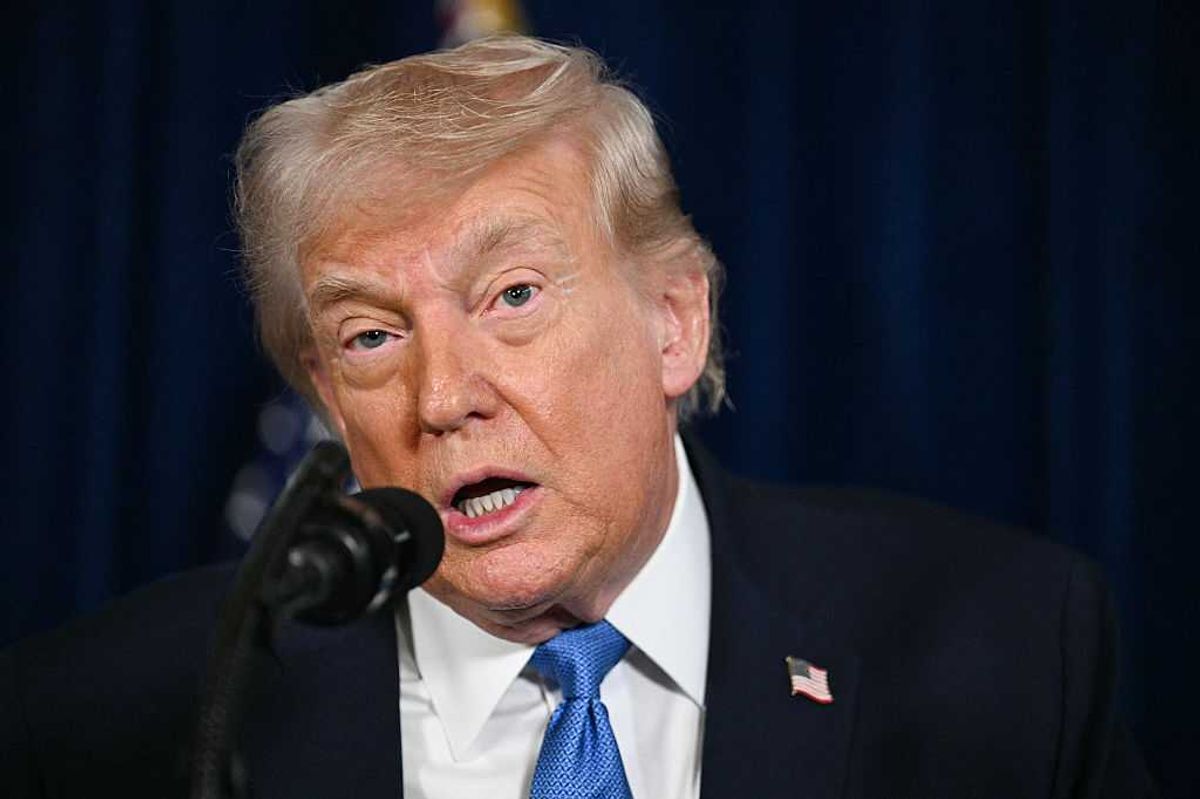Following two years of travel restrictions, some Brits may have forgotten the easy ways to gear up for that upcoming trip you just planned.
This has been apparent, especially when considering the airline waiting times.
Whether understanding the carry-on restrictions to getting a better deal on travel money, planning ahead is vital.
In Goggle Trends data, searches for the “‘best place to buy euros” have grown to 750 per cent, which was their highest since April 2020.
Sign up to our new free Indy100 weekly newsletter
With that in mind, travel expert Charles Stewart, Managing Director at eurochange, has revealed how much money trip-goers can save when they go abroad and the importance of keeping cash in your wallet.
Check them out below.
Saving hundreds of dollars by buying before your flight
Stewart believes that this is “a foolproof way” to ensure your “saving money.”
“Airports typically offer a poor exchange rate compared to travel currency experts; in fact, when we compared exchanging £1,000 into Euros at Birmingham & Stansted Airports with their nearest respective eurochange branches, the average saving was a whopping €179! That’s as much as a one-night stay and meal out in Barcelona,” he said.
Using a credit or debit card could cost you 5 per cent more
“The average exchange fee for using a credit or debit card abroad is 2.99 per cent, a cost that can quickly accumulate if you make multiple transactions,” Stewart said.
He also said that these charges could apply to “withdrawal of cash and purchases made by card,” so the best way to get an ideal exchange rate is to take your money out before you get to the country.
“Once you factor in the additional ATM or spending charge card providers typically add on, you can see your overall costs spiralling,” Stewart added.
Following the tipping etiquette of the country
Stewart said that it’s polite and courteous to abide by the “customs and manners” of the country you visit.
“That includes everything from saying ‘thank you’ in their native language to observing tipping etiquette.”
He also said that the tipping rules vary as you go from country to country, so it’s essential to “research.”
“Generally speaking, when you visit a restaurant or take a trip in a taxi, you should offer to add at least 10 per cent of the bill as a tip to the staff.
“Unlike in the UK, if you don’t carry cash, it can often be very difficult for you to leave a tip, which could lead you to appear disrespectful.”
Always anticipate having to use cash to pay for public transportation
“In the majority of places, taxis and public transport are not set up to accept card payments, so you could be left in a very awkward situation if you don’t carry cash,” Stewart said.
Avoid looking for an ATM
“Depending on where you’re visiting, you might struggle to come across ATM machines in the same way that we do in the UK,” Stewart said.
“If you do have to use an ATM whilst abroad, however, you’re always best selecting to be charged in local currency or, even better, use a prepaid travel card,” he said.
Stewart also recommended carrying enough cash to cover your vacation until the last day.
Have your say in our news democracy. Click the upvote icon at the top of the page to help raise this article through the indy100 rankings.














